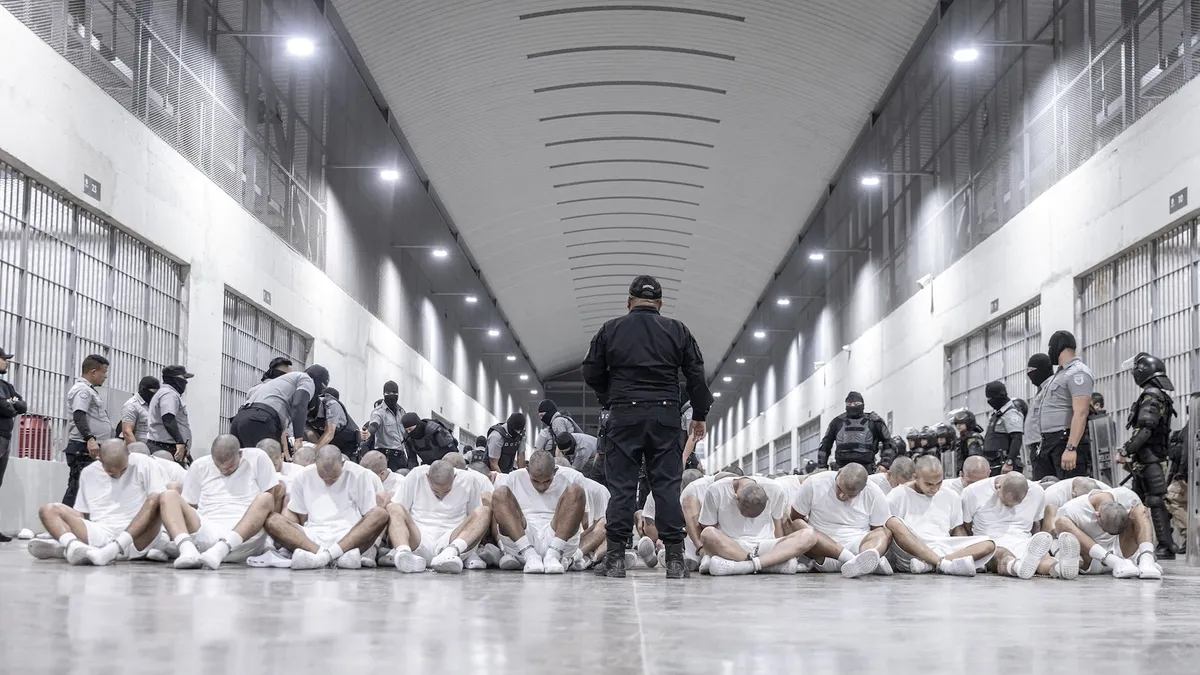
Nearly three weeks after President Donald Trump invoked the Alien Enemies Act to deport over 200 alleged migrant gang members to El Salvador with minimal due process, a significant hearing is scheduled for Thursday. U.S. District Judge James Boasberg will assess whether the Trump administration violated a court order by proceeding with the deportation of these individuals. This case could serve as a pivotal moment in the ongoing tensions between the executive and judicial branches of the U.S. government.
During Thursday's hearing, Judge Boasberg will determine the repercussions for the Trump administration if it is found that they willfully disregarded his March 15 orders. These orders prohibited removals under the Alien Enemies Act and mandated the return of two flights carrying alleged Venezuelan gang members back to the United States. This situation highlights the complexities of immigration law and the balance of power within the federal government.
In a recent social media post, Trump asserted, "I’m just doing what the VOTERS wanted me to do," following Judge Boasberg's directive to halt the deportations. The President justified his use of the Alien Enemies Act by labeling the Venezuelan gang Tren de Aragua as a hybrid criminal state that poses an invasion threat to the United States. Despite this assertion, officials from U.S. Immigration and Customs Enforcement (ICE) have acknowledged that many of the deported individuals do not have criminal records in the country.
Lawyers representing the detained migrants argue that the Trump administration has violated the court's explicit order by failing to return the individuals on the planes to the U.S. According to flight data reviewed by ABC News, the flights transporting the migrants had not yet landed when Judge Boasberg issued his directive to turn them around. Justice Department lawyers confirmed that they communicated this directive to the federal officials managing the flights.
However, the defendants admitted that they did not attempt to bring the individuals back to the United States, despite being aware of the judge's order and having the capability to comply. This admission has significant implications for the legal standing of the Trump administration's actions.
In response to these allegations, lawyers from the Department of Justice (DOJ) have contended that the Trump administration acted lawfully and questioned the legitimacy of Judge Boasberg's order. They argue that his oral instructions regarding the flight were flawed and that the subsequent written order lacked the necessary justification for enforcement. The DOJ maintains that the President has the authority to act in matters concerning national security, including the removal of noncitizens deemed dangerous.
Lawyers from organizations such as the ACLU and Democracy Forward Foundation have countered these claims, stating that the government's arguments lack support and violate foundational principles of separation of powers. They assert that the administration cannot arbitrarily remove individuals without adhering to judicial oversight.
This upcoming hearing is not just a legal battle over individual deportations; it represents a broader conflict regarding the scope of presidential power in immigration matters. As the case unfolds, it will provide critical insights into the ongoing debate over U.S. immigration policy and the balance of power between the executive and judicial branches. The implications of this case could shape future immigration actions and define the limits of executive authority in matters involving national security.